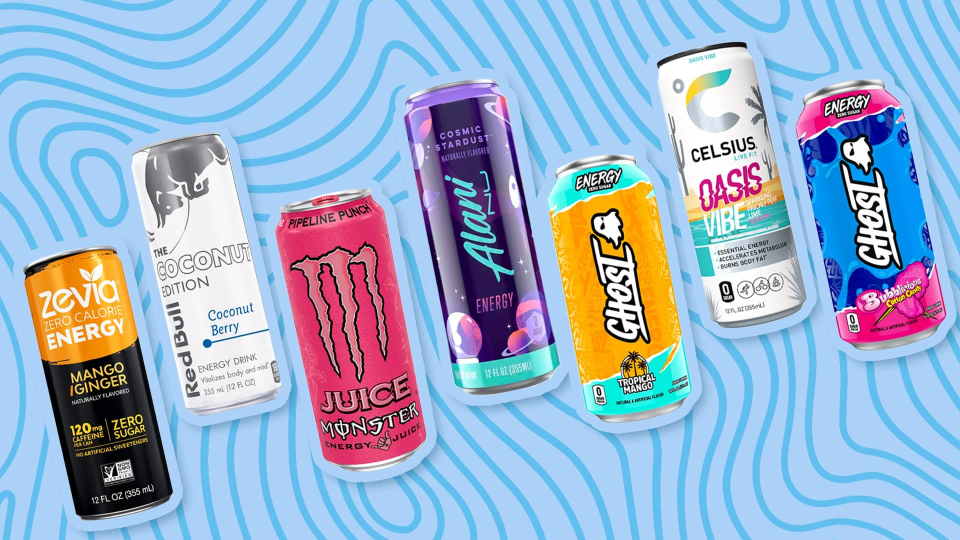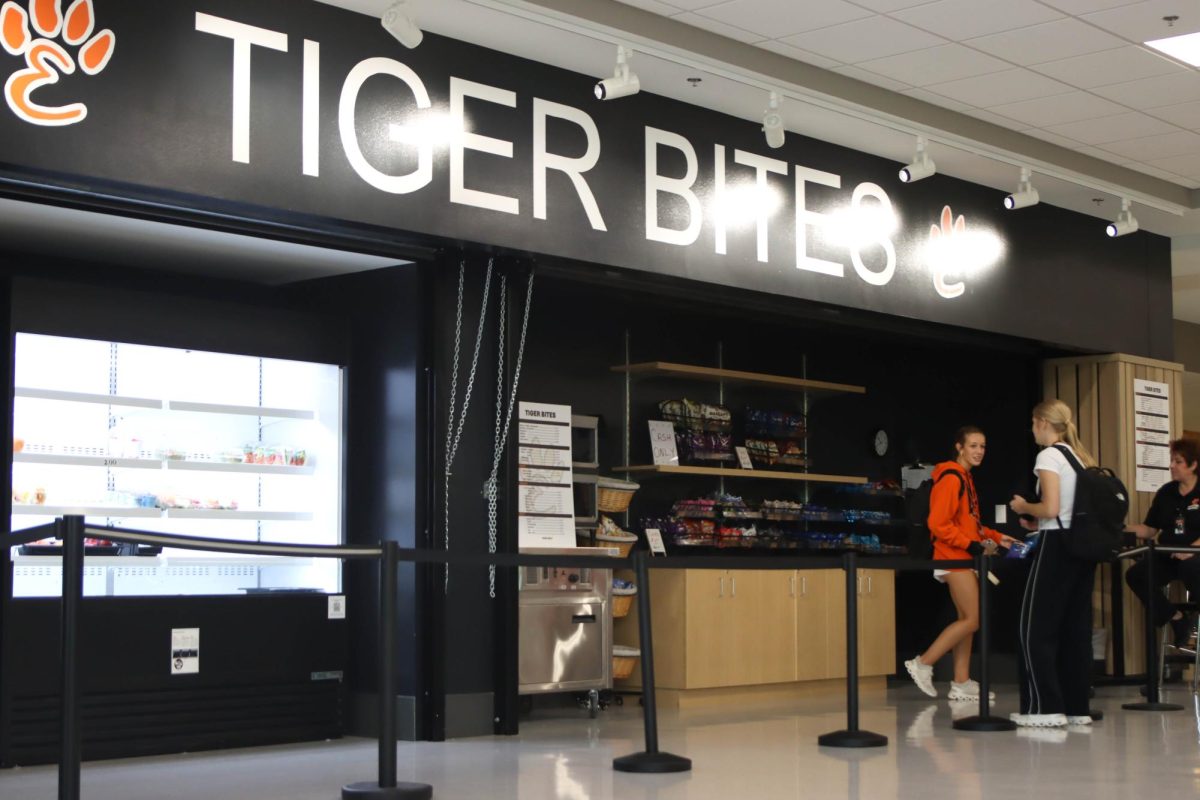Will TRESemme Learn From Second Lawsuit?
January 22, 2021
I washed my hair with formaldehyde for four years.
“Formaldehyde is a known carcinogen that can cause cancer and other less harmful reactions when absorbed into the skin, which tends to happen when applied directly to the scalp, for instance,” according to Top Class Action Lawsuits.
Millions of people including me were unknowingly washing their hair with a formaldehyde-releasing preservative called, DMDM hydantoin.
The company Unilever and Conopco, which owns brands like Suave, TRESemme and OGX, knowingly put this in their products for decades, knowing its ill side-effects and having “…faced similar legal action in the past” for other products, according to Top Class Action Lawsuits.
It’s clear that a lawsuit is not enough to stop them. EGW’s Skin Deep, a cosmetic database, lists 72 products containing DMDM hydantoin, one of those products being Suave Professionals Keratin Infusion Smoothing Shampoo, which Unilever and Conopco was sued for in 2016.
They did not warn their consumers that this chemical was in their products before and they aren’t warning them now, even though they are facing a second lawsuit for using this chemical.
TRESemme is not the only beauty brand deceiving customers. The $532 billion beauty industry took off in the early 2000s and is expected to grow to $800 billion by 2025, according to Forbes.
This sharp increase has led to cash grabs from celebrities, dangerous counterfeit products and companies cutting corners. These tricks work in an age of instant gratification and newer-is-better consumer attitude.
When I bought shampoo, I didn’t look through the ingredients and research the company to see if they aligned with my values. I went to Target and picked the one that smelled the best. Like many other beauty consumers I was fooled by the aesthetic packaging and the latest and greatest line drop. My careless consuming came at a dangerous cost.
The cosmetic market is largely self-regulated. Individual companies often set their own standards and run their own safety tests. Even though there are programs like Leaping Bunny that brands can join to show standards, it is not a requirement.
“Neither the law nor FDA regulations require specific tests to demonstrate the safety of individual products or ingredients,” according to the FDA. “The law also does not require cosmetic companies to share their safety information with FDA.”
If we care so much about what we put in our food that every ingredient has to be listed and approved by the FDA, why do we not hold the beauty industry to the same standards as the food industry? What we put on our skin gets absorbed into our bodies. We need to demand the same amount of transparency.
Should it be the consumer’s job to do hours of research to make sure they choose a product that is good for themselves and the environment? To a degree. We should care about what we put in our bodies, but companies should have standards to which to adhere.
The industry is heading in that direction. Sephora came out with a clean seal for products in 2018 and released its own clean beauty line in 2019. Ulta released a conscious beauty collection in October 2020 and Target carries brands like Native that label each ingredient in their products and its purpose. However, TRESemme shampoo and conditioner remain on the shelf.











